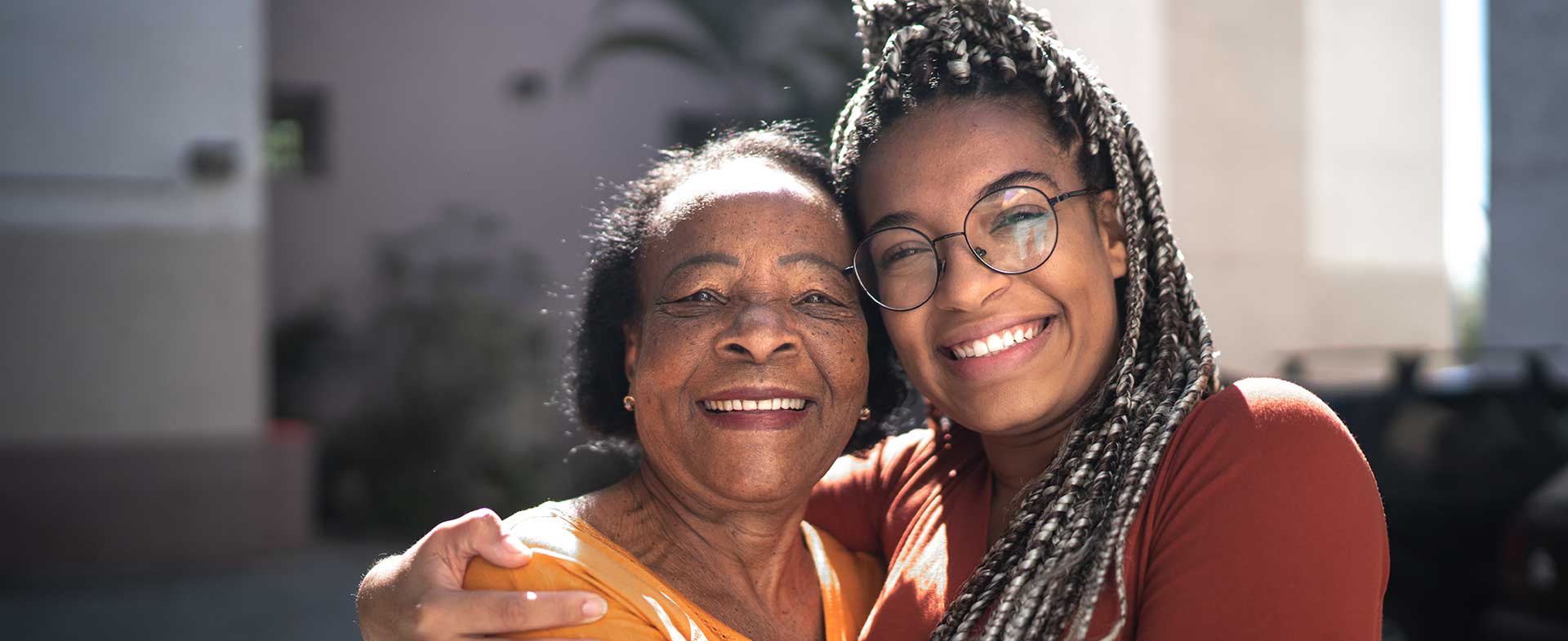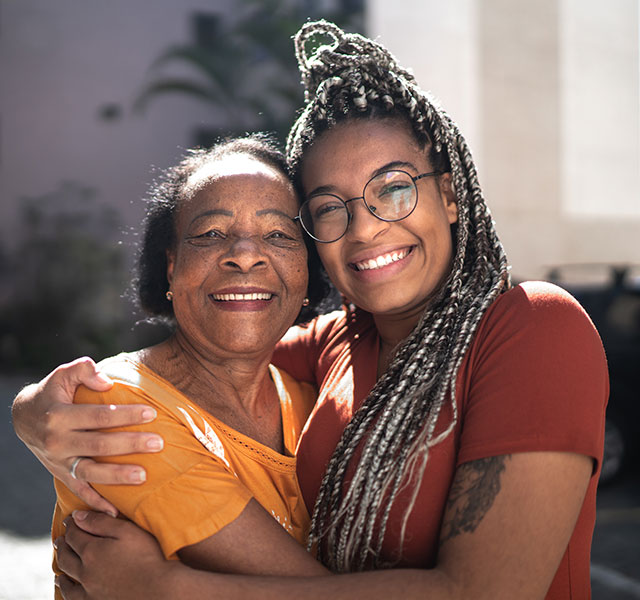The importance of building and maintaining social connections has received a lot of attention in recent years. Studies link strong social ties to lower blood pressure, enhanced immune system function and reduced inflammation. In 2023, Surgeon General Vivek Murthy even outlined a framework to make a dent in what he calls “an epidemic of loneliness and isolation” in America.
Research suggests that cultivating friendships with people from different generations—some older than you and some considerably younger—provides more satisfaction and fulfillment than same-generation connections. Aarthi Chandarana, D.O., a family medicine specialist board-certified in lifestyle medicine at Henry Ford Health, shares more.
What You Gain From Intergenerational Friendships
“When people talk about the importance of multigenerational friendships, they often focus on the benefits for the older person in the relationship,” Dr. Chandarana says. “But research suggests that these friendships are just as beneficial for younger people.”
Having friends of all ages not only helps combat the health risks of loneliness, it comes with other perks:
- Mentorship: Having an older friend can provide much-needed perspective, particularly during big life transitions. “The younger person benefits from the wisdom of someone who has already traveled down the path they’re on, and the older person often derives a sense of purpose and self-worth by sharing their lived experiences,” Dr. Chandarana says.
- Better brain health: When you have friendships that span different generations, your brain has to work harder. Older people may not know anything about TikTok, while people from younger generations may have no idea how to play backgammon. “When you have friends from different age groups, you learn from these differing life experiences,” Dr. Chandarana says.
- Personal growth: When your friends are all around the same age, it’s easy to adopt a narrow worldview. You share similar viewpoints and adopt the same social norms because you grew up during the same time period. Intergenerational friendships, on the other hand, can help expand your world view and open your mind to new ideas and perspectives.
How To Cultivate Friends Of All Ages
It’s natural to gravitate toward friendships with people your own age. You often share similar experiences and even use the same lingo. But forging connections with people who fall outside your age range—10 or 20 years in either direction—has its perks too.
Dr. Chandarana’s advice: Think of your friendships like an investment—and diversify them. A few ideas to get you started:

Primary Care At Henry Ford
- Take up a new hobby: Maybe you’re interested in playing pickleball or chess. Or maybe you’re looking for a workout partner at the gym. “When you take up activities you enjoy, you’re more likely to meet people from different generations who share the same interests,” Chandarana says.
- Be open: Creating new friendships doesn’t have to become a full-time job. You can drop in on a senior neighbor, engage a young mom in the grocery store line or tutor elementary school children in a favorite subject like math or art.
- Start a club: Whether you want to discuss books, learn to sew or try your hand at making sourdough, starting a monthly club with members from different generations is a great way to build new connections. Not great at leading groups? Tap into local resources such as the city library, community gardening club or the recreation center.
- Volunteer: Volunteering not only exposes you to new people from different generations, it also has health benefits. Studies show that volunteers have lower levels of several cardiovascular risk factors than their non-volunteering counterparts. Serve up soup at a food pantry, participate in a city cleanup effort or volunteer at your local library or hospital.
“Loneliness is a true medical condition with serious consequences,” Dr. Chandarana says. “So whether intergenerational or otherwise, it’s important to make an effort at least weekly to reach out to a friend and connect.”
Just remember that forms of communication may vary by age. Younger generations may choose to text, email or message new friends through social media while older generations may prefer phone calls and in-person visits.
No matter which mode of communication and connection you choose, over time and with consistent effort, you’ll be able to build new relationships that span generations. “Such connections can shine a light on what it really means to live with purpose,” Dr. Chandarana says.
Reviewed by Dr. Aarthi Chandarana, a family medicine specialist who sees patients at Henry Medical Center - Troy.



